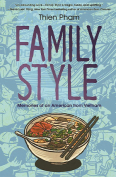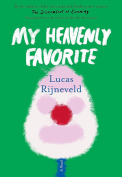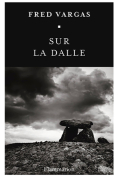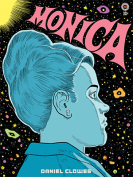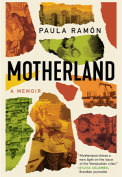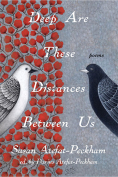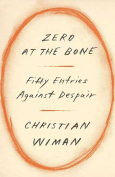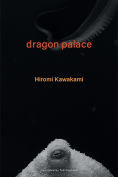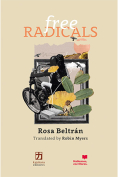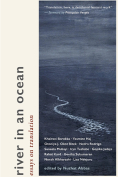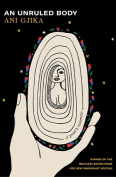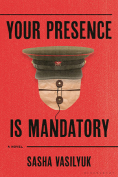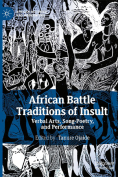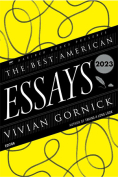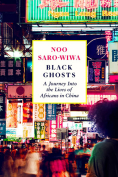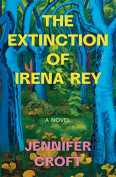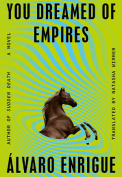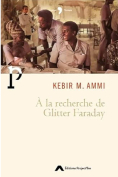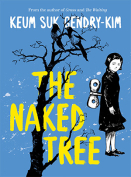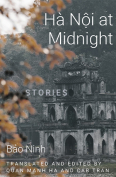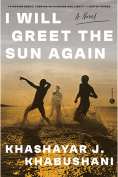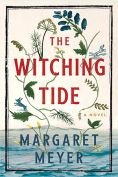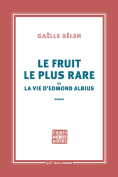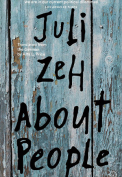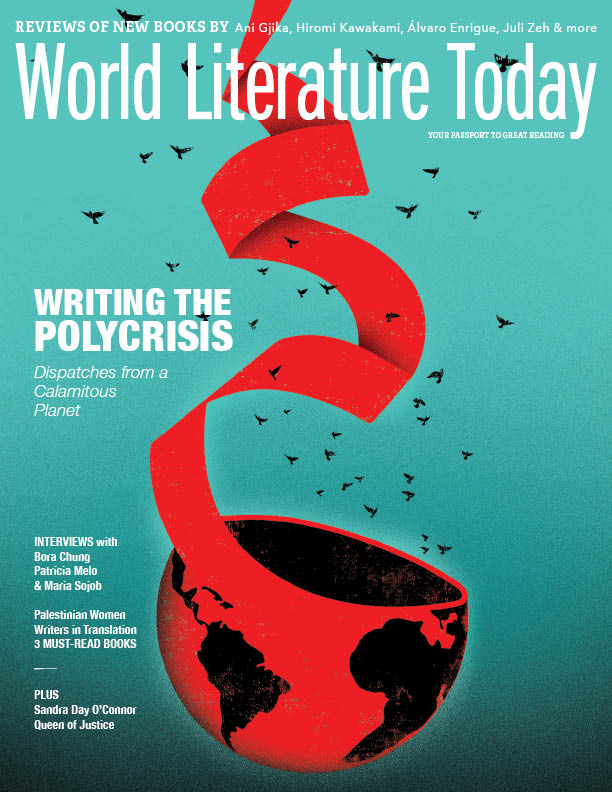À la recherche de Glitter Faraday by Kebir M. Ammi
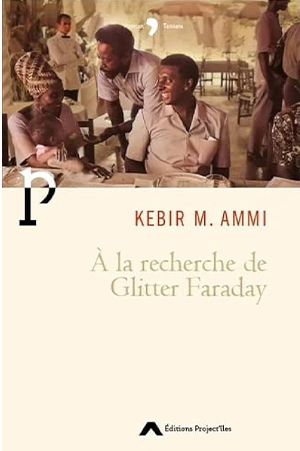 Paris. Éditions Project’îles. 2023. 279 pages.
Paris. Éditions Project’îles. 2023. 279 pages.
Numerous works revealing “the other America” have been written or filmed since Upton Sinclair’s The Jungle, from Martin Luther King Jr.’s speeches to Michael Harrington’s documentary. Few French novelists have written about it, however. Algerian-Moroccan novelist Kebir M. Ammi, a longtime portrayer of marginalized people and the co-author of an essay on Frantz Fanon, uses a Dumasian-detective twist to depict international racism and exclusion. À la recherche de Glitter Faraday (Searching for Glitter Faraday) is anchored in the solidarity between a Black southerner, a Pueblo, and an Irish American forged in the jungles of Vietnam and in their longing to re-create the 1969 Pan-African Congress of Culture’s dream of a better world.
Ammi’s narrative stretches over generations and continents. It starts with the Civil Rights and decolonization movements of the 1960s, from Vietnam to Algeria to San Francisco, whose actors became the wretched of the earth. Glitter Faraday is thus triply punished by racial segregation (loving a white woman in the Louisiana bayous), political correctness (befriending an Algerian poet with ties to the 1969 Pan-African Congress of Culture), and decency (as a vagrant). Likewise, those who try to memorialize him become accursed or die.
The idealistic quest of Faraday and his international and multiracial friends is mirrored by the narrator’s quest to find the last manuscript written by an Algerian poet who entrusted it to Faraday while dying from an assassin’s bullet. The novel opens, in Kerouac fashion, with zigzag road trips across the United States, chance encounters, and plenty of booze that progressively connect the narrator to the Faraday nebula. His story of Faraday’s life in the second part of the novel links him to the younger generation seeking to preserve his memory. Like the baton of a relay race, Faraday and the elusive manuscript pass from hand to hand in the third part of the novel’s triptych.
The personal nature of the narrator’s relentless quest, the novel’s central knot, is revealed only at the end of the novel: his father was killed in Algiers by the police, just like Faraday’s father was lynched in the Louisiana bayous. Algeria, the land of great promises that welcomed all the liberation movements, becomes a very personal and intimate mirror of disappointment and suffering.
As for the manuscript, it contains only the last message of a broken, old man’s inarticulate thoughts. The magic of the message is in the next generations’ interpretation. Charles Mingus, Archie Shepp, Nina Simone, Miriam Makeba, and Rachmaninoff’s Piano Sonata no. 2, which provide a musical background to the novel, are likewise subject to unpredictable revisions. They too represent acts of personal and collective resistance that are the necessary and fundamental purpose of culture.
Alice-Catherine Carls
University of Tennessee at Martin
